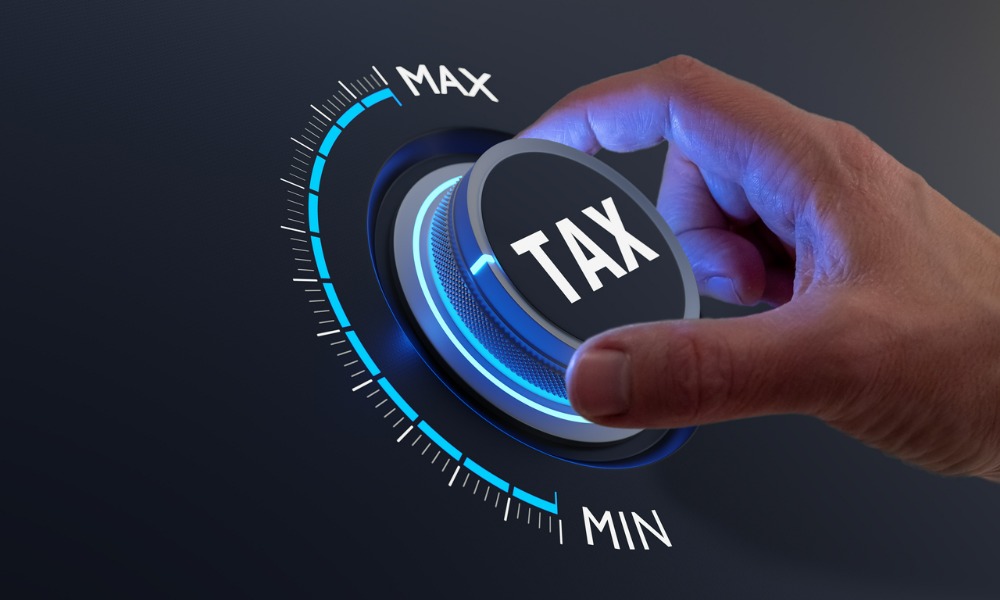Taxpayers' Ombudsperson applauds CRA’s proactive step, easing tax season pressures for professionals

The Taxpayers' Ombudsperson, François Boileau, voiced approval of the Canada Revenue Agency's (CRA) decision to waive the 2024 bare trust filing requirement unless the CRA specifically requests it.
This proactive exemption follows the concerns raised in the Ombudsperson’s examination of the CRA’s 2023 administration of bare trust filings, which revealed timing and communication issues impacting tax preparers and other stakeholders.
In July 2024, Boileau announced a systemic review to assess if the CRA had upheld taxpayers' rights regarding the 2023 bare trust filing requirements.
As part of this examination, stakeholders reported that while the 2023 bare trust information from the CRA was useful, it was communicated too late to benefit tax professionals.
Many tax preparation firms finalize hiring and training by fall each year; therefore, relief or exemptions arriving after November disrupt workflows and preparations for the upcoming tax season.
In response to stakeholder feedback, the Department of Finance Canada conducted consultations in August and September 2024, proposing legislative changes to clarify trust reporting rules.
These amendments aim to lessen administrative burdens and exempt bare trusts from the 2024 filing requirement. However, with a bill unlikely to pass before firms begin preparations for the 2025 season, the CRA took the step to announce the 2024 exemption now.
Boileau expressed approval of the CRA’s move, stating, “The time to act is now. The CRA exempted bare trustees from their 2023 reporting requirements because it had an unintended impact on Canadians, and it was necessary to bring the exemption back for 2024. Waiting was therefore not an option.”
Currently, the Ombudsperson’s Office is drafting its final report on the 2023 bare trust filing requirements, with a release expected in early 2025.
Throughout the examination, the Office engaged stakeholders, reviewed complaints, and sought clarification from the CRA, with the goal of presenting a comprehensive report on the agency's administration of these requirements.
The Office of the Taxpayers' Ombudsperson operates independently of the CRA, addressing service complaints and aiming to improve the quality of service provided to taxpayers and benefit recipients.
Additionally, the Ombudsperson informs and advises the Minister of National Revenue, ensuring that CRA respects eight taxpayer service rights outlined in the Taxpayer Bill of Rights.
Canadians who believe they have not received adequate service from the CRA are encouraged to submit complaints to the Ombudsperson’s Office.
Boileau also highlighted the benefits of the CRA’s timely exemption, noting, “Waiting just causes unnecessary stress, worry and wasted time and effort for taxpayers, tax preparers, lawyers, and accountants. I am pleased that the CRA has taken this initiative.”



